( Quang Ngai Newspaper) - From 2025, the European Union (EU) will apply new regulations on environmental protection for the seafood industry, so businesses and exporters must meet stricter standards on quality and sustainability.
New challenge
Director of the Department of Agriculture and Rural Development Ho Trong Phuong said that the EU's environmental protection regulations bring both opportunities and challenges to the seafood industry in general and Quang Ngai seafood processing and exporting enterprises in particular. To meet sustainable standards, enterprises will have to invest in improving processes and applying new technologies to production, thereby also helping enterprises improve productivity, product quality and reduce negative impacts on the environment; increase the export value of seafood products. However, the current challenge for seafood processing and exporting enterprises is limited resources, combined with difficulties in accessing investment capital to upgrade technology, leading to products that do not meet sustainable standards and certifications.
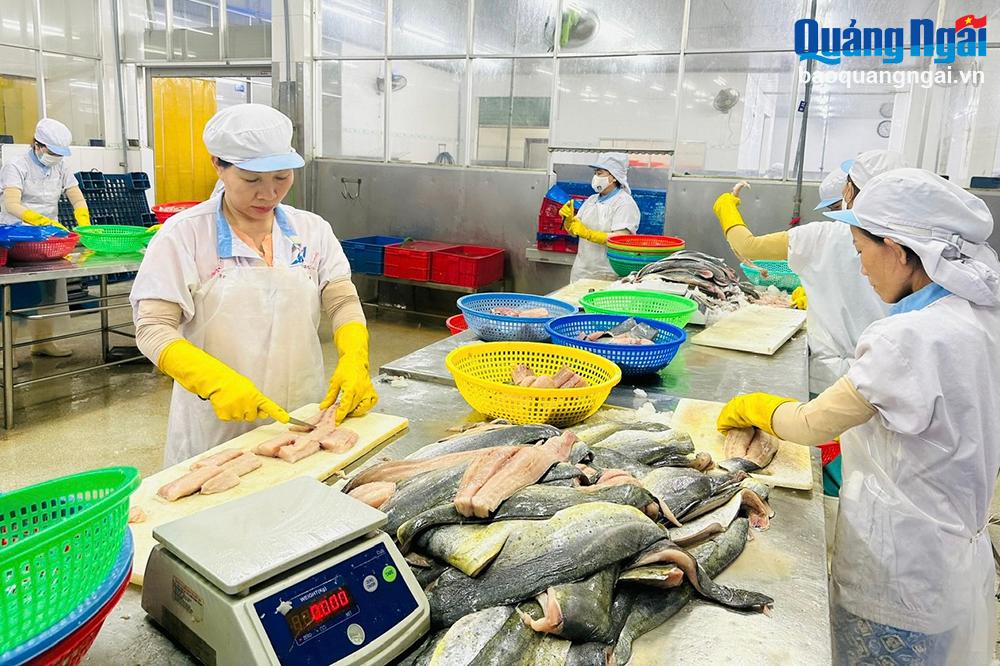 |
| Seafood raw materials for export processing are purchased by Hai Phu Seafood Import-Export Company Limited from fishing vessels that comply with regulations during the exploitation process. |
According to the Vietnam National Sanitation, Phytosanitary and Phytosanitary Information and Enquiry Point (SPS) Office, from January 2025 to present, the EU Food and Feed Safety System has sent 12 warnings to Vietnam's exported food and agricultural products. The reason is that businesses have not declared correctly according to the registration documents about raw materials, especially ingredients that can cause allergies to consumers (such as frozen breaded shrimp products, businesses did not declare the allergen egg in the breading). More seriously, some products contain additives that are not allowed to be used or exceed the prescribed level, forcing the EU to order an immediate recall (such as tuna steak products with ascorbic acid residue (E300) of 513mg/kg, exceeding the maximum allowable level of 300mg/kg).
In addition, unstable raw material sources are also a big challenge for seafood processing and exporting enterprises. For example, Gallant Dachan Seafood Company Limited (Quang Phu Industrial Park), the annual processing capacity is from 4,000 - 5,000 tons of shrimp and 15,000 tons of raw tilapia. Due to the lack of local raw materials, the company had to purchase more than 3,200 tons from outside the province and import nearly 5,300 tons. In 2024 alone, the high price of raw shrimp at the end of the year made it very difficult for enterprises to pay for previously signed orders.
Production Link
Despite facing many difficulties, with impressive growth momentum in 2024 (the country's seafood export turnover reached 10 billion USD, Quang Ngai province alone reached over 30 million USD), it has created momentum for exporting enterprises to be ready to accelerate, continue to expand the market, and increase export market share in 2025. The representative of Phung Hung Seafood Company Limited said that to expand export opportunities, the company focuses on investing in improving production processes and technology towards a circular economy , reducing environmental impact. In addition, the enterprise hopes that specialized agencies will support connections and form a closed production chain. Thereby helping enterprises to be proactive and control the quality of raw materials, ensuring that they meet the standards of large markets, especially transparency in information on the origin of raw materials and food safety.
| The province has 17 seafood processing enterprises operating in Quang Phu Industrial Park, of which 7/17 enterprises are exporting seafood. The main export markets are China, Japan, Korea, Philippines, Middle Eastern countries, EU... In the period of 2020 - 2024, the total output of processed seafood is over 80.5 thousand tons, of which domestic consumption output is nearly 50 thousand tons, export output is over 30.5 thousand tons. The average export value is about 30 million USD/year. Most enterprises have completed legal procedures on environmental protection and signed contracts with investors in industrial park infrastructure to connect and bring wastewater into the centralized wastewater treatment system of Quang Phu Industrial Park according to regulations. |
In addition, the advantages of the Vietnam - EU Free Trade Agreement (EVFTA) and the Comprehensive and Progressive Agreement for Trans- Pacific Partnership (CPTPP) also support businesses by reducing export taxes, increasing market access and enhancing product competitiveness. Deputy Director of Hai Phu Import Export Company Limited Nguyen Duc Quang said that the company has an annual processing output of over 3,000 tons, the main products are frozen fish of all kinds, mostly exported to the EU and Middle East markets... In addition to strictly complying with EU regulations and standards, the company only purchases raw materials caught from fishing vessels that comply with regulations on combating IUU fishing and have their origin confirmed and certified by competent authorities. The company also absolutely does not exchange imported raw materials and domestically exploited raw materials for shipments exported to the EU.
Accompanying enterprises, specialized sectors also increase information, guide enterprises to update and fully implement regulations on hygiene, food safety, and disease safety of export markets. Director of the Department of Agriculture and Rural Development Ho Trong Phuong said that it is necessary to build a mechanism to encourage and support processing and exporting enterprises to invest in innovation of technology, equipment, and apply clean technology, use energy economically and efficiently, and protect the environment. The Department also directed specialized sectors to research and develop, and together with enterprises, implement models "from direct farming areas to factories". Thereby forming strong production links between exporting enterprises and farmers, contributing to improving product quality, increasing value and competitiveness. In addition, specialized sectors as well as relevant agencies and units need to strengthen inspection and supervision of raw material areas, preliminary processing and processing facilities, ensuring that they meet standards on product quality, hygiene and epidemics, and avoid being warned about food safety.
Article and photos: MY HOA
RELATED NEWS:
Source: https://baoquangngai.vn/kinh-te/bien-kinh-te-bien/202502/xuat-khau-thuy-san-no-luc-thich-ung-thi-truong-41e107e/


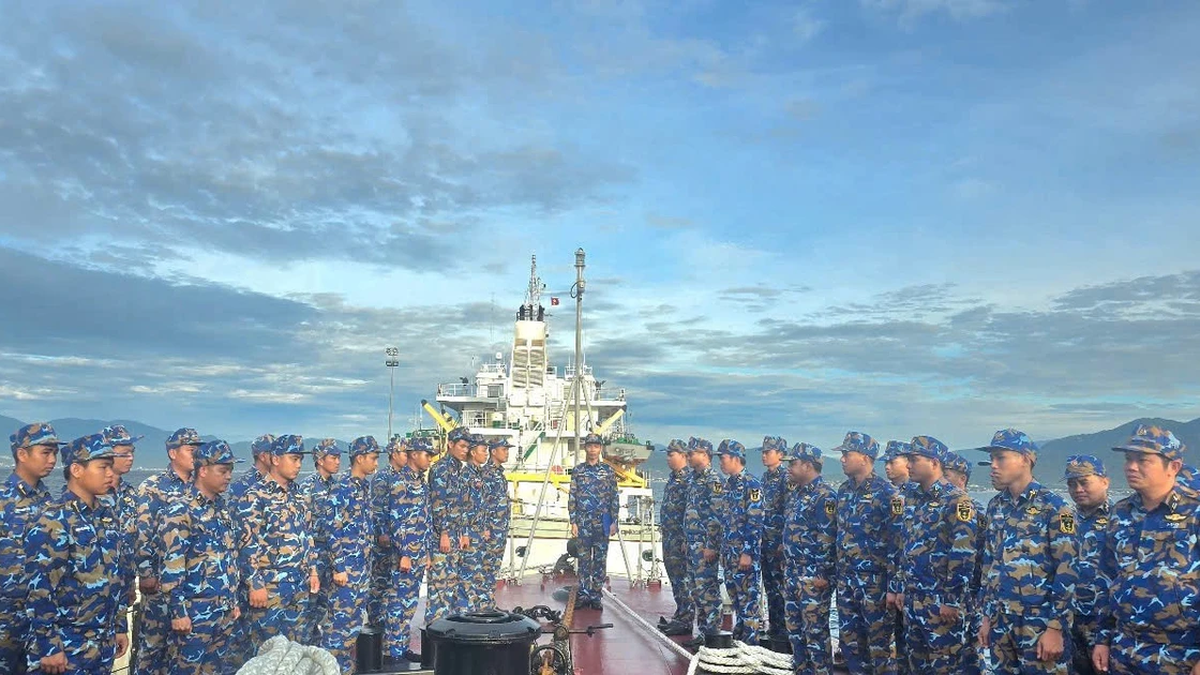


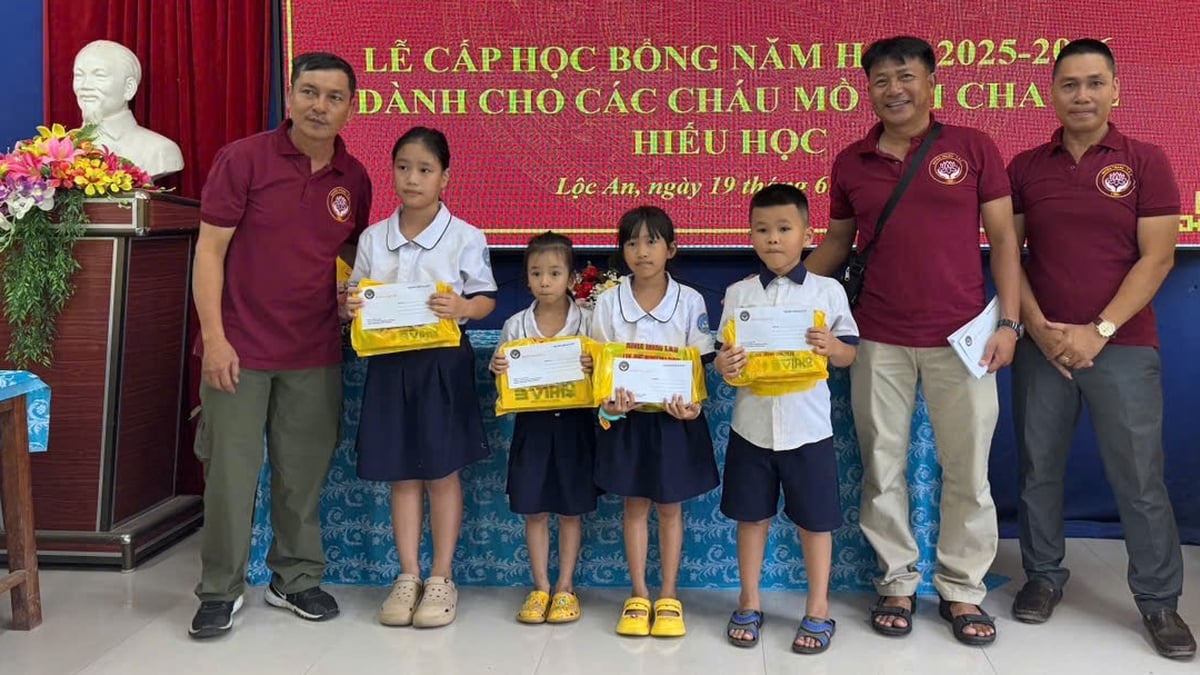
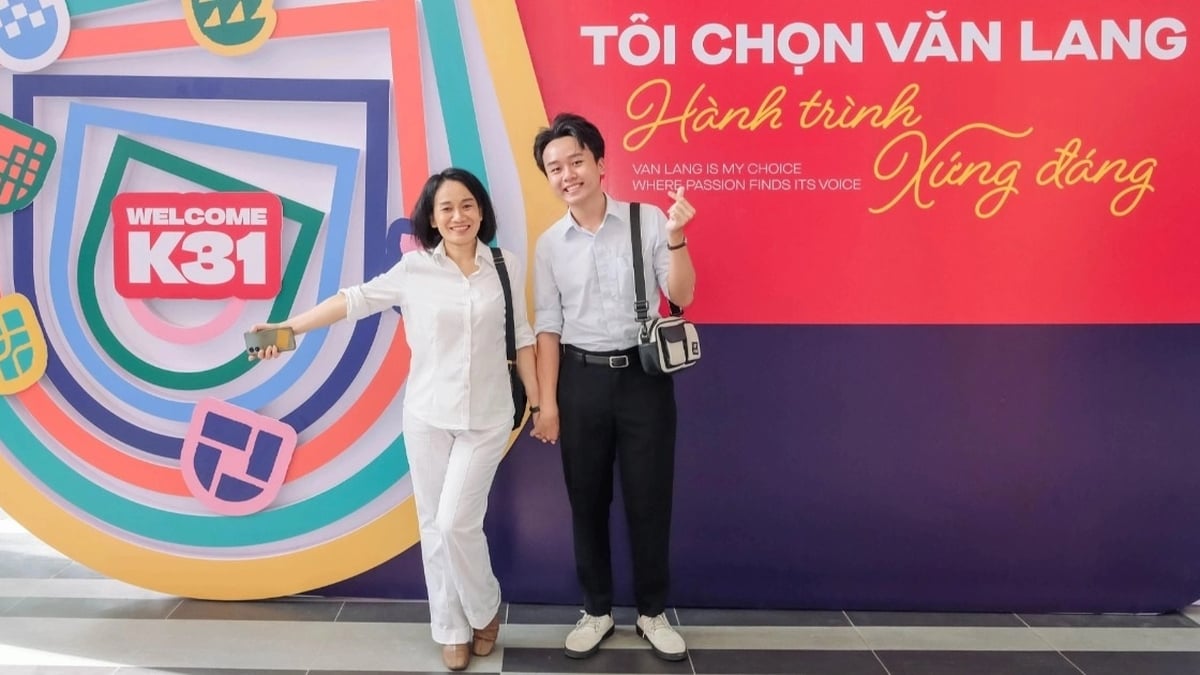
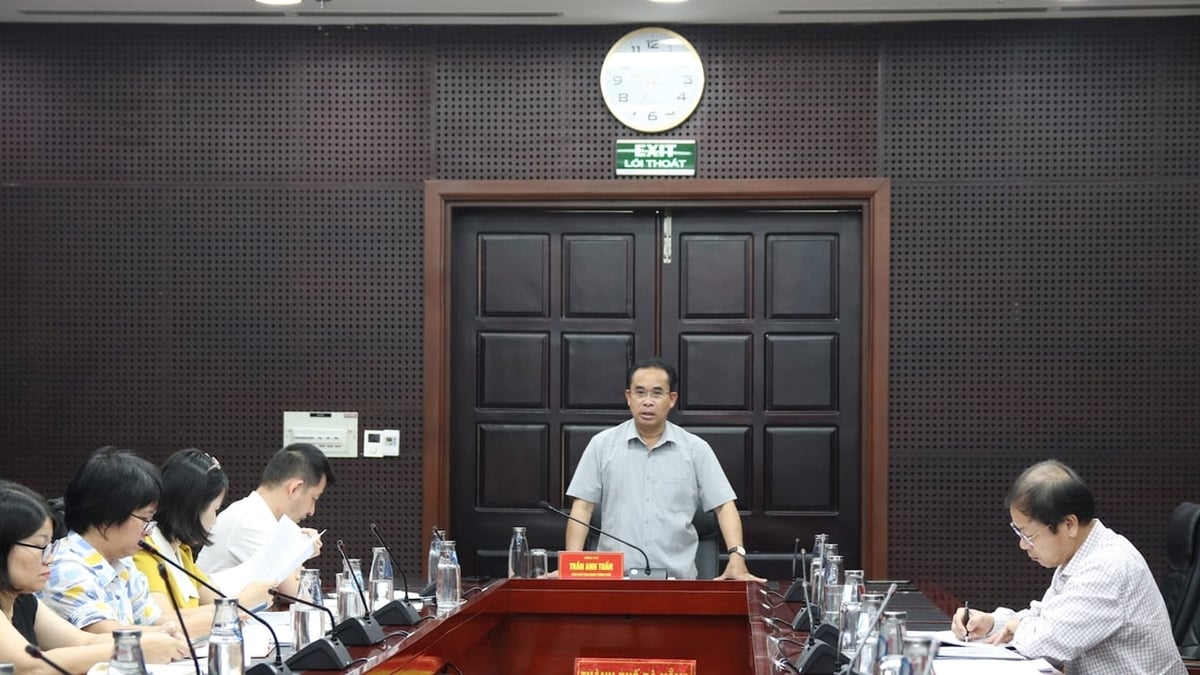
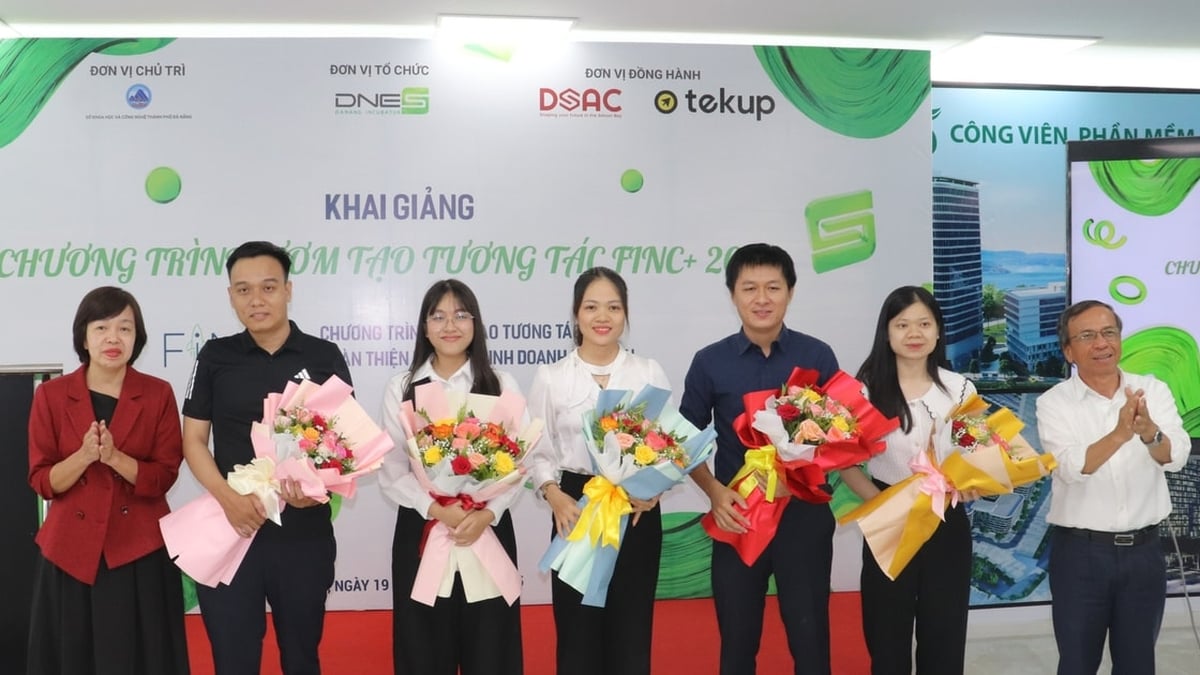
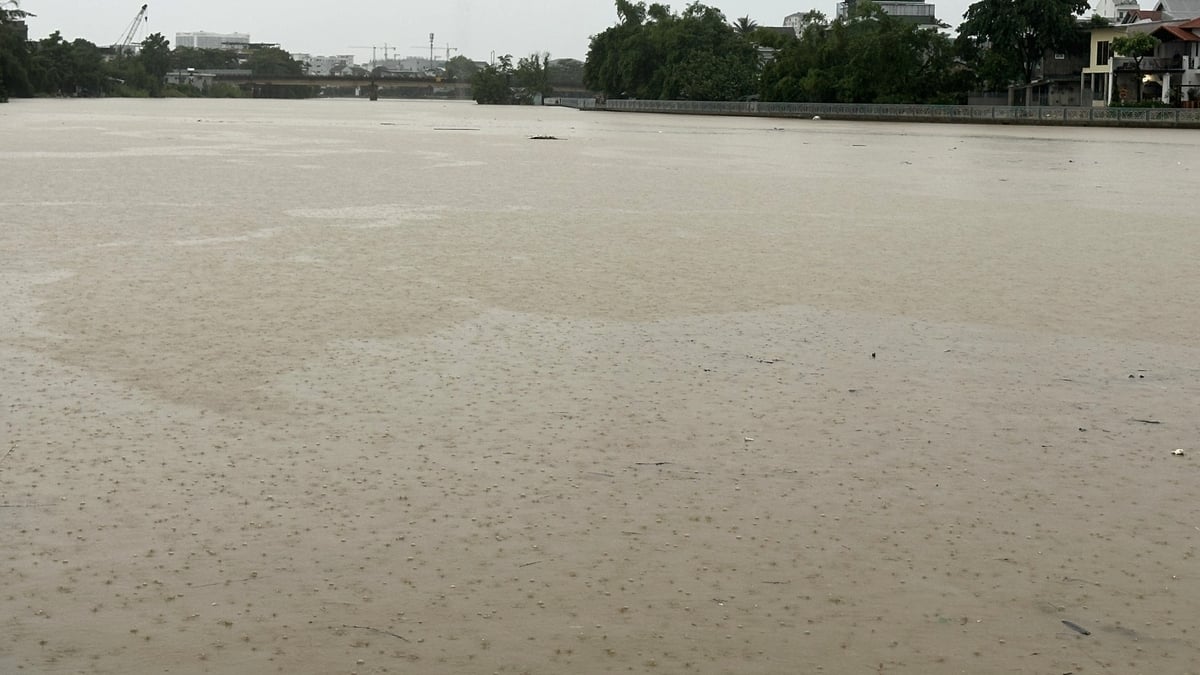

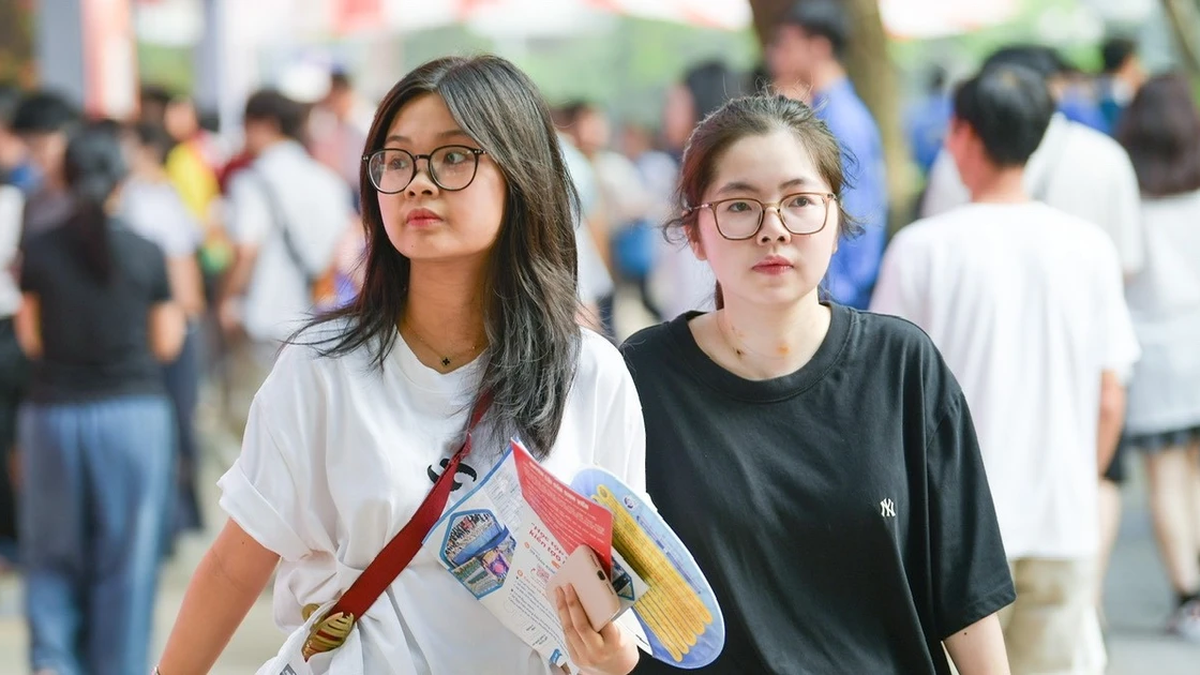























































































Comment (0)